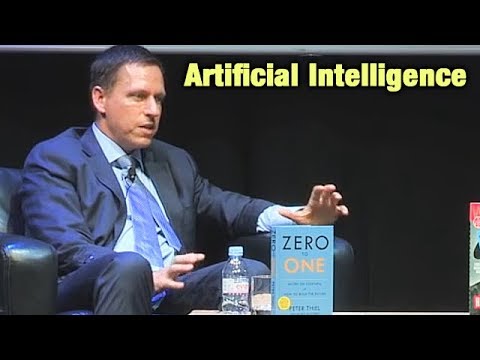Mathematics – The Language of the Universe
Mathematics isn’t science. In fact, its approach is exactly the opposite compared to, for example, physics. Mathematics is an elaborate game, in which it is decided from the outset to play by the given rules. Then one proceeds by proving theorems; truths already implicitly hidden in these rules. In that way, one might say that mathematics is the easiest thing in the world, as everything is given from the start – but of course it requires incredibly sharp brains to lure out and understand what is already embodied in the rules – the starting assumptions (“postulates”) that neither can be proved nor disproved.
In physics, the situation is just the opposite. We are observing the world and trying to understand how it works, that is, trying to find the rules that nature follows. At least we assume that nature follows rules. But the strategy is difficult because we never have perfect knowledge about anything. It’s a bit like covering large parts of a chess board, and then trying to get someone (ignorant of the subtleties of chess) to figure out the rules, by only getting access to some of the 64 squares on the chessboard. For instance, say that you can see only three of the squares; it will be almost impossible to obtain the complete set of chess-rules. No matter how long you stare at the three squares (during a real game of chess on all 64) you will hardly be able to draw any conclusions about what the pieces are doing – and why! – when you aren’t seeing them. They show up seemingly at random, and leave your three squares just as erratically. We could hardly gain knowledge of the complete rules of the game.
But it works roughly the same with the fundamental laws of nature, with the difference that the number of “squares” we need to observe probably is considerably larger than 64. While some physicists believe that we soon will be able to see the equivalent of all “squares”, others think that we still see only three or even fewer.
What, then, is the similarity between mathematics and physics?
A large part of modern mathematics was developed by Newton in the 1600s because he needed it to analyze his laws of motion – mechanics. More modern mathematics, such as group theory and differential geometry, however, was developed “for its own sake”, but was soon borrowed and used in quantum physics and general relativity.
This led the renowned physicist Eugene Wigner, in 1960, to write an article entitled “The Unreasonable Effectiveness of Mathematics in the Natural Sciences”. Why, wondered Wigner, is mathematics – often designed only for its own sake (fun!) – so successful in describing phenomena of nature? Perhaps nature itself is mathematical in essence?
I think it is much simpler than that. Mathematics is a language developed by the human brain. Albeit the most precise language we know of today, still basically a language. Mathematics is a kind of map over how our brain works, with logic as its compass. In the future it may well be that we find (invent) an even more precise language than mathematics, which will then be used to describe all sorts of phenomena. Since both mathematics and science are the fruits of the human brain, it is also perfectly natural that they should fit like a glove. To say that mathematics is “unreasonably effective” for use in physics and other sciences is rather like saying that our tools to make gloves are “unreasonably successful” to make gloves. The book of nature need not necessarily be written in mathematics any more than a computer manual need to be written in English.
language
1448022431
2015-11-20 12:27:11
53:59
UC4fwaXy-n_NNc2gkrwy8sxw
Documentary Films
73
5
source


